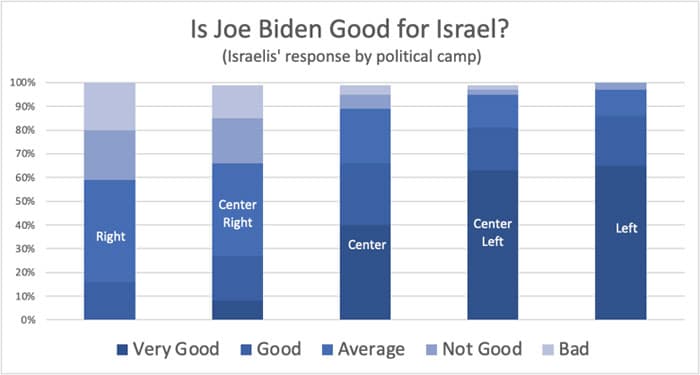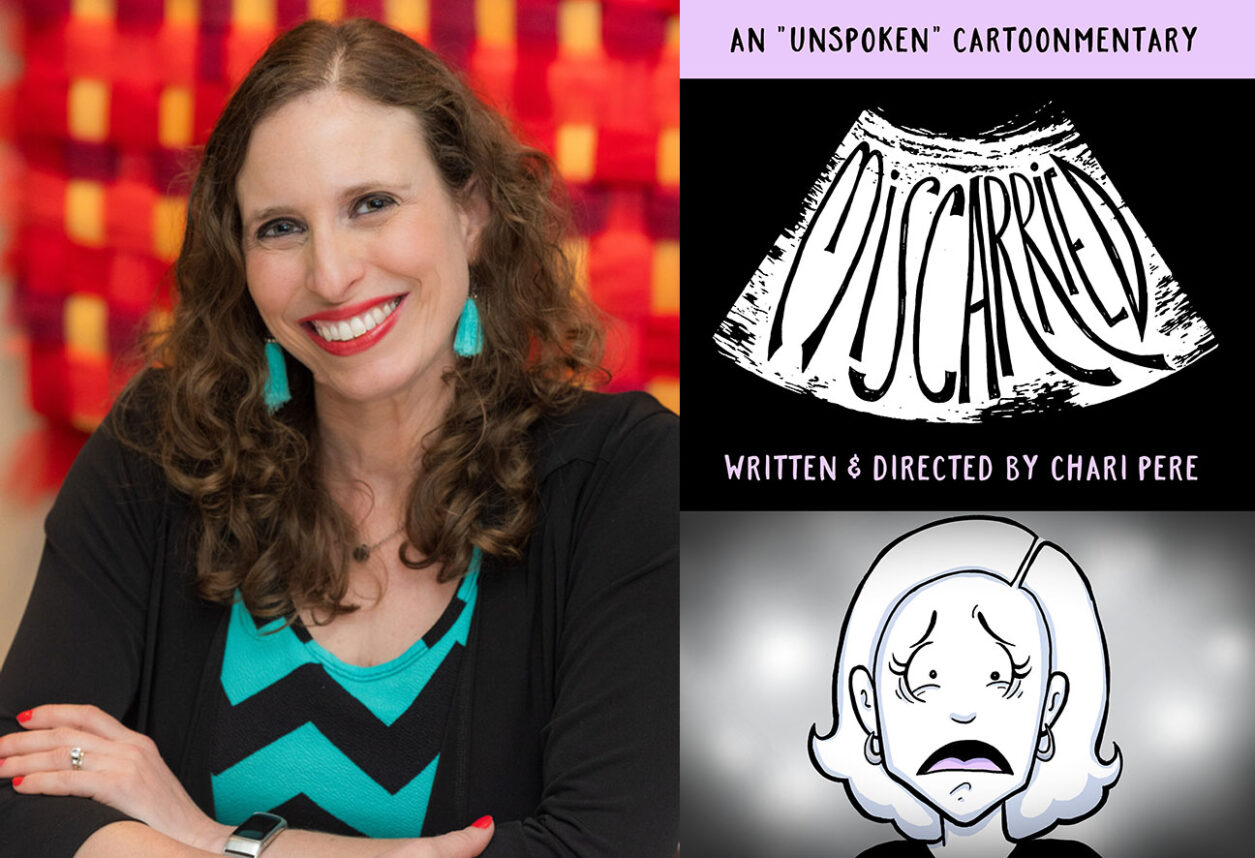
Jewish society in Israel is not a society of “tribes.” Repeat: not a society of “tribes.” At least not the “tribes” that former President Reuven Rivlin described in a well-publicized speech. Rivlin stated that there are four main sectors in Israel: secular, ultra-Orthodox, religious and Arab—as if it were a geometry of squares, or triangles, with clear boundaries.
It is not. It’s true that distinguishing a tribe of the ultra-Orthodox from a tribe of the Arabs is easy. But the boundaries between religious and secular are much murkier. That is to say: Rivlin’s speech omitted a large group that is in between religiosity and secularism, which is everyone on the non-tribal Jewish continuum. And there are quite a few such Israelis. How many? We’ll talk about that in a bit. And in the end there will be no exact answer. Because there is no exact answer.
Before the explanation, some credits are warranted. What is written here is based on a survey of Israeli “traditionalists” commissioned by the “Be Free Israel” organization. This organization has a clear secular agenda with which some Israelis agree and many disagree. But the survey was conducted professionally and without an agenda. I know it, because I conducted it, and my agenda, when I have such a thing, is not a “Be Free Israel” agenda. Prof. Cami Fuchs analyzed the numbers.
So, who are the Israeli traditionalists? First, to begin to understand Israel it is essential to understand that traditionalists exist. Often, media stories or reports about Israel make its reality seem dichotomic, as if we have “secular” and “religious” Israelis, two tribes, and nothing in between. The truth is that more Israelis are in between. What distinguishes them? Many of them are Sephardic, many have religious backgrounds, many are center and center-right. But what really matters in many cases is the simple fact that they do not seek ideological wars on matters of religion and state. They are willing to allow everyone to live according to their beliefs.
Our survey shows that traditionalists vary in their lifestyles, but are much more similar in not wanting to have an ideological fight over things that can be resolved in compromise. In a world that isn’t one of binary tribes, not everything merits a fight.
In certain cases, it makes the traditionalists seem “liberal.” For example, most of them support civil marriages in Israel for those who want them (religious Israelis oppose an option of civil marriage to all Israelis). In other cases, it makes the traditionalists seem “conservative.” For example, most are willing to segregate by gender in certain events in public areas, so that religious Israelis can also participate in these events (secular Israelis always oppose gender segregation). And this tendency to look for practical solutions to problems rather than stick to principles extends to many other fields. Our survey shows that most Israeli traditionalists travel on Shabbat and are in favor of operating public transportation on Shabbat in neighborhoods where there are not many religious people.
How much is most of them? Not all traditionalists are made of the same skin, and not everyone has the same position. Among those who defined themselves as “traditionalist/not very religious,” 79% agree to public transportation on Saturday. Among those who defined themselves as “religious traditionalists,” 62% agree. There are starker differences between these two groups, which of course raises the question of what exactly we mean by “traditional.” Who are the “real traditional” Israelis?
Quite a few organizations, some older, have emerged recently and seek to make the traditional voice heard, represent it and promote it. There is even a new lobby in the Knesset speaking for them. When this lobby was established, MK Michael Biton of the Blue and White Party said that this was a “historic moment in Israeli society of establishing the traditional idea,” no less. He also said that “we give voice to millions.”
Are there millions of traditionalists in Israel? The short answer is yes.
Are there millions of traditionalists in Israel? The short answer is yes, but let’s crunch some numbers. In the range from “totally secular,” those who always choose the most secular category, to those who always choose “religious” and “ultra-Orthodox,” there is a large public whose self-definition depends on the options presented to them. When the Central Bureau of Statistics presented four options (ultra-Orthodox, religious, traditional, secular), about 25% of Jews defined themselves as traditional, but when it presented five options (secular, traditional not so religious, traditional religious, religious, ultra-Orthodox) the rate of traditionalists increased (now a combination of two groups) closer to forty percent. Among these, about two-thirds are traditionalists “not so religious” and a third are “religious traditionalists.”
That is to say: There is flexibility in self-definition, and this means that there are significant differences between the most broadest definitions of traditionalism. If you consider everyone who is traditional secularist to be traditional, you get to 45% of traditional Jewish Israelis. If you choose the most limited definition (only those who say strictly “traditional” on a seven-group scale), then the share of traditional Jewish Israelis is about 20%. In both cases, it is millions. Whoever speaks about Israeli society must take them and their views and habits into account.
Still, we remain without a clear definition of who they are. About half of them shop on Shabbat, while the other half doesn’t, so what distinguishes them as a group? Here’s a suggestion: Maybe when we say “traditionalists” we are not talking about lifestyle (what traditionalists do), but rather about attitude (what traditionalists support and oppose). Our survey shows that traditionalists vary in their lifestyles, but are much more similar in not wanting to have an ideological fight over things that can be resolved in compromise. In a world that isn’t one of binary tribes, not everything merits a fight.
Something I wrote in Hebrew
What do Israelis think about Joe Biden today, compared to half a year ago? We have the answer: There is a considerable difference in all groups as they rank Biden, and it’s always a difference in his favor. Left-wing voters (center-left and left) raised Biden’s score, but also right-wing voters, who did not have much confidence in him to begin with, raised his score. It is not that Biden is now considered worthy of trust by all Israelis. But he certainly looks less threatening, or less mysterious, than he did six months ago. We now better understand who he is. And maybe he is not always what we hoped for, but he is also not a dangerous opponent or particularly hostile president. In other words: Biden’s score is still polarized by political position, but it is better than it was at the beginning of the year for the whole breadth of the Israeli population.
A week’s numbers
See the text above for some context:
A reader’s response:
Jon Silktree responded to my article on Tanach studies: “As a left-leaning atheist, I’d think that people like me would want their kids to study the Tanakh for historical and cultural reasons, and also to gain some insights on humanity. Any negative aspects can be criticized rather than justified. It’s all about the teaching.”
Shmuel Rosner is senior political editor. For more analysis of Israeli and international politics, visit Rosner’s Domain at jewishjournal.com/rosnersdomain.























 More news and opinions than at a Shabbat dinner, right in your inbox.
More news and opinions than at a Shabbat dinner, right in your inbox.